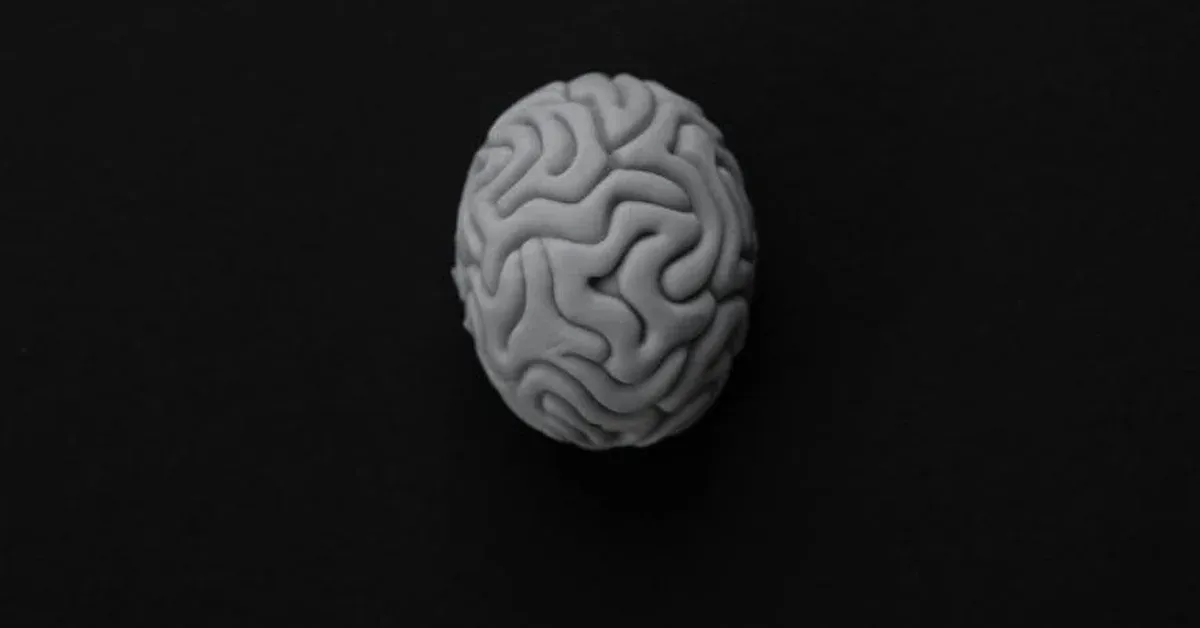
Growing up religious might come with an unexpected cost to your brain. New research shows that while a religious upbringing in childhood often helps your physical health, it’s also linked to worse mental and cognitive health after age 50. This finding flips what many people assume about early faith experiences.
The Physical vs Mental Health Split
Religious communities have always been great for physical health. They provide strong social connections, discourage harmful behaviors like drug abuse, and give people a sense of purpose that reduces stress. All of this typically leads to longer, healthier lives.
But here’s where it gets interesting. While your body might benefit, your mind could face different challenges as you age. The research doesn’t mean everyone with religious childhood will have brain problems. Instead, it shows a pattern that researchers think is worth understanding better.
This creates a tricky situation where the same upbringing that helps your physical health might create mental patterns that become problematic later. Multiple studies are now documenting this complex relationship between early religious exposure and long-term health outcomes.
How Rigid Thinking Affects Your Brain
Why would growing up religious potentially hurt your mental health later? The main theory focuses on how flexible your thinking becomes.
Some religious environments emphasize absolute truths and discourage questioning. This might limit how well kids develop critical thinking skills. It’s not that religious people are less smart. Rather, certain environments might accidentally create thinking patterns that struggle with uncertainty or conflicting information.
When these individuals face life’s complexities later on, they may experience more stress and anxiety. The research links this to higher rates of depression and anxiety after age 50. People might also feel internal conflict when their experiences don’t match what they learned as children. Some may feel less control over their lives if they were taught that everything depends on divine will.
The Bigger Picture on Brain Health
This isn’t about blaming parents or religious communities. It’s about understanding how early experiences shape our brains and mental health over decades.
Religious upbringings might also affect how people approach mental health care. Some may prefer prayer over therapy, or view psychological problems as spiritual failings. This can delay getting help when they need it, making problems worse over time.
The good news is that understanding these patterns helps us do better. We can create environments that support both spiritual growth and flexible thinking. We can also help people stay mentally sharp as they age by encouraging them to engage with new ideas and stay open to different perspectives.
For those worried about their cognitive health, staying mentally active and seeking help when needed can make a real difference. Research into midlife brain interventions continues to show promising ways to protect our minds as we age.
The research suggests we need a more complete picture of how childhood faith affects us throughout life. This doesn’t mean abandoning religion, but rather creating better balance. We can encourage spiritual development while also building critical thinking skills, emotional flexibility, and openness to mental health resources. As we learn more about how our brains work, we need to honestly examine how our earliest experiences shape who we become.